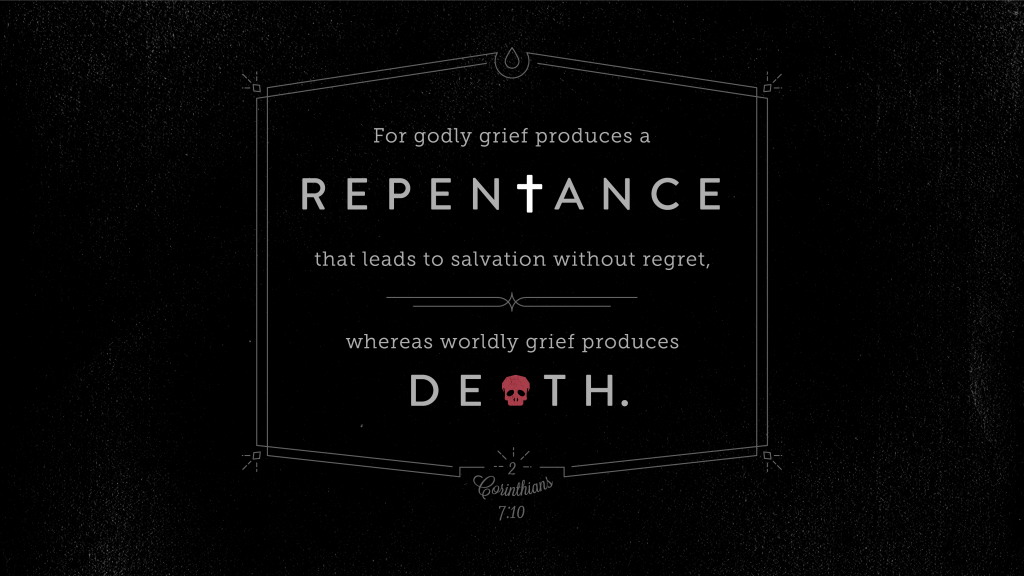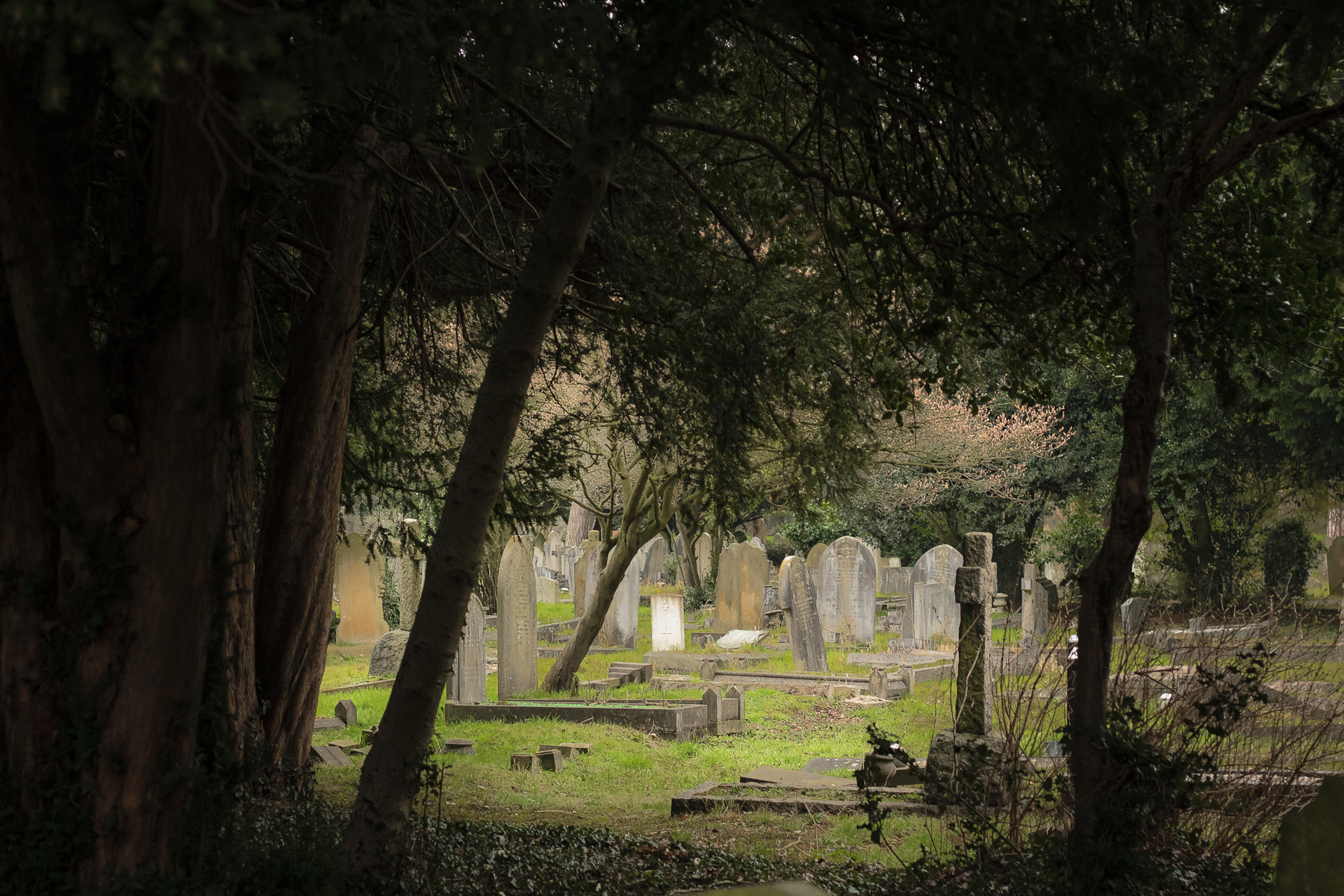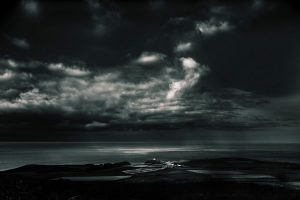The grotto of Panias is located in Caesarea-Philippi, and it represents ground zero of pagan idolatry from the Old Testament through the New Testament. It is where Tel Dan is located, and it is at the base of Mt Hermon in the Golan. Panias is named after the pagan god of fertility named Pan. The place is also called Banias, where the grotto or cave of Panias is located. It is where people of Hebrew antiquity recognize it as the entry of hell. Josephus, the Jewish historian, referred to the rocky cave as having a depth that cannot be measured. It is largely made up of a large rocky outcropping that also serves as a base for ancient pagan temple worship. The Golan is in the territory of Bashan in Northern Israel, and Bashan is where ancient Canaanite warrior kings went to when they died. This is the area where Og resided, the ancient Rephaim king. The area is loaded with ancient spiritual darkness, and it is the entry to which the demonic inhabit people, creatures, and objects that were interspersed in the area.
There was a time when Jesus and His apostles traveled up to Northern Israel in the area of Caesarea-Philippi in the territory of Bashan. He was en route to Mt Hermon, where he would experience His transfiguration there. It was a spiritual event that His Apostles Peter, James, and John witnessed as Jesus’s body transformed into its glorified state. It was there that Elijah and Moses appeared in the presence of the Father YHWH to reclaim all of the captives who were governed by the fallen Sons of God as spoken about in Genesis 11 and Deuteronomy 32:8. The messianic king, Jesus, was the new Moses as deliverer and the new Elijah as the prophet. On Mt Hermon, Christ was about to begin a spiritual campaign to redeem humanity; those who would answer His call to return to the Father and come to inherit the Kingdom. He would atone for the sins of a vast multitude.
To the displeasure of the enemies of darkness, Jesus, the spotless sacrificial lamb, was offered as the acceptable sacrifice before the Father to satisfy the necessary penalty of sin. He would fulfill what justice was required of the Father.
Rewind the narrative to what occurred in Matthew 16:13-20. Here, Simon Peter confesses the identity of Jesus as Messiah, the Christ, by saying, “You are the Christ, the Son of the living God.” Earlier, Simon was renamed by Jesus as “Cephas” (Jn 1:42), which is translated to Peter and means “rock.” This confession of Peter, the Rock, named as such by Jesus, occurred at the grotto of Panias. That is, in Caesarea-Philippi, where they were situated around the rocky outcropping and terrain of the area. In ancient Old Testament lore, the grotto of Panias (Banias) was known as the cave that functioned as the entry to hell. Meaning, the spiritual gates of hell of the ancient dead warrior kings (Canaanite warrior kings) were passed through the area and entrance. This was the entrance to the realm of the deceased or the abode of the underworld.[1]
While Jesus heard Peter’s confession that He is the Christ, He spoke these words (Matt 16:17-19):
And Jesus said to him, “Blessed are you, Simon Barjona, because flesh and blood did not reveal this to you, but My Father who is in heaven. “I also say to you that you are Peter, and upon this rock I will build My church; and the gates of Hades will not overpower it. “I will give you the keys of the kingdom of heaven; and whatever you bind on earth shall have been bound in heaven, and whatever you loose on earth shall have been loosed in heaven.”
There is wordplay happening here. Take into consideration 1 Peter 2:8 as the fulfillment of the prophetic voice of Isaiah 8:14. Jesus was “A STONE OF STUMBLING AND A ROCK OF OFFENSE”; Jesus was recognized as a rock, as an offensive object to those who would oppose Him.
So to summarize the identity of “this rock,” Jesus spoke about, there are three options to choose from. Either one, multiple, or all:
- Jesus was the rock (1 Peter 2:8)
- Simon (Cephas/Peter) was the rock (Jn 1:42)
- The rock structure where they were (i.e. Caesarea Philippi, or Banias (Matt 16:13))
Which were included, Which were included, or were they all concerning the terms Jesus chose to drive home a point? As they there, and was this question asked then to make this point specifically?
More specifically, the rock was an offensive object of force to which the gates of hell could not withstand it or prevail over it. The gates of hell were under assault, and it would not hold up against the Church. Hell would become Satan’s tomb.[2] The gates of hell were a defensive structure, not an offensive weapon. Conversely, the BDAG reference to the definition of “overpower” (κατισχύω, katischyō):
κατισχύω (s. ἰσχύω) impf. κατίσχυον; fut. κατισχύσω; 1 aor. κατίσχυσα (in various senses relating to display of strength: ‘be strong, powerful, gain the ascendancy’: Soph.+; oft. in later wr. and in LXX; En 104:6; PsSol 2:7; Test12Patr, EpArist; Jos., Ant. 14, 357, but scarcely at all in ins, pap [PGM 13, 797]) intr.
① to have the strength or capability to obtain an advantage, be dominant, prevail abs. (Polyb. 11, 13, 3; Ex 17:11; En 104:6) κατίσχυον αἱ φωναὶ αὐτῶν their voices prevailed Lk 23:23 (Antig. Car. 152 κατίσχυκεν ἡ φήμη). W. inf. foll. be able, be in a position 21:36.
② to have the capability to defeat, win a victory over w. gen. (Dio Chrys. 12 [13], 4 al.; Aelian, HA 5, 19; Wsd 7:30; Jer 15:18; Jos., Bell. 2, 464 κατισχύσας πλειόνων=conqueror of a superior force; TestReub 4:11) πύλαι ᾅδου οὐ κατισχύσουσιν αὐτῆς (i.e. τῆς ἐκκλησίας) Mt 16:18 (s. on πύλη a). πάσης πονηρίας Hv 2, 3, 2. κ. τῶν ἔργων τοῦ διαβόλου win the victory over the works of the devil Hm 12, 6, 4.—DELG s.v. ἰσχύς. M-M. TW. [3]
When thinking through Heiser’s proposal about the situational context of Peter’s confession, point ② of BDAG appears to carry the greatest weight of meaning to win the victory over the works of the devil. Yes, Jesus was the rock of offense. Yes, Peter was the rock upon which Jesus would build His church from Jerusalem, Judea, Samaria, and to the uttermost parts of the Earth. And yes it was the rock by which the spiritual forces of darkness, the power of the enemy would be overpowered by the Church by the Holy Spirit to the glory of Christ and God the Father. As it is written in fulfillment of Isaiah 25:8 and Hosea 13:14,
DEATH IS SWALLOWED UP in victory. – Is 25:8
O DEATH, WHERE IS YOUR VICTORY? O DEATH, WHERE IS YOUR STING? – Hos 13:14
– 1 Cor 15:54-55
____________________________
[1] Michael S. Heiser, The Unseen Realm: Recovering the Supernatural Worldview of the Bible, First Edition. (Bellingham, WA: Lexham Press, 2015), 80–81, 84, 200
[2] Ibid., 285
[3] William Arndt et al., A Greek-English Lexicon of the New Testament and Other Early Christian Literature (Chicago: University of Chicago Press, 2000), 534.


















